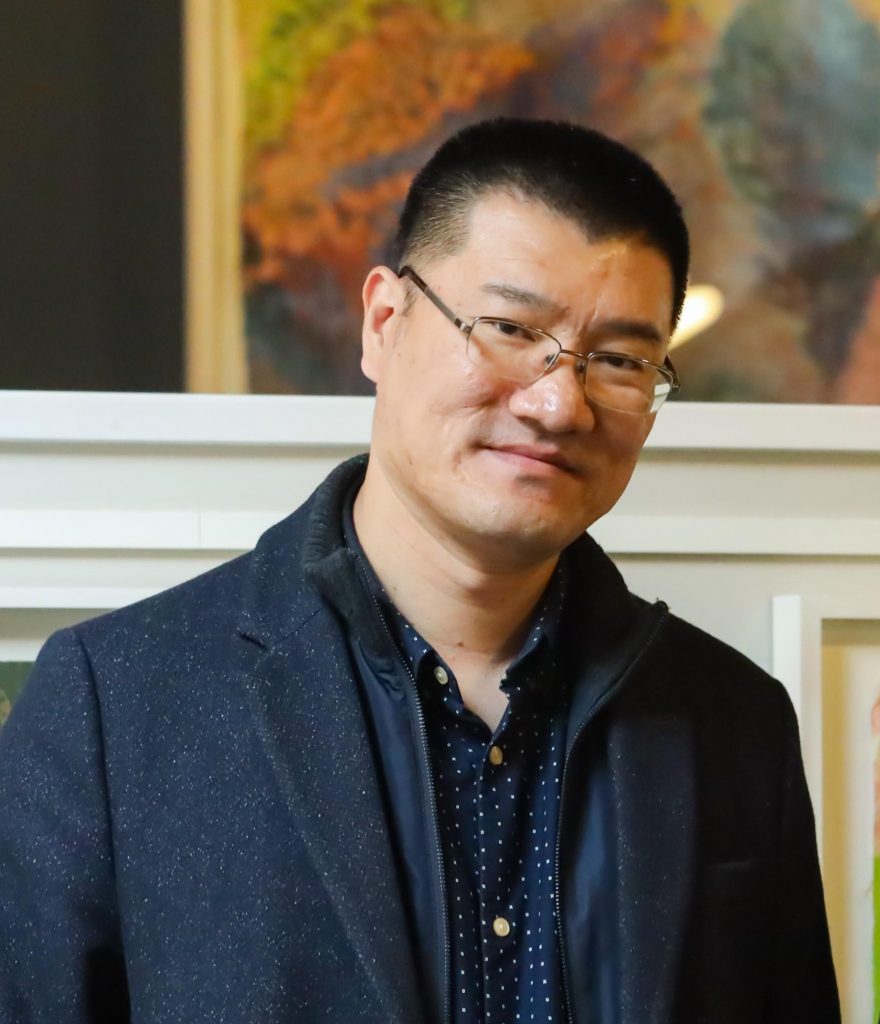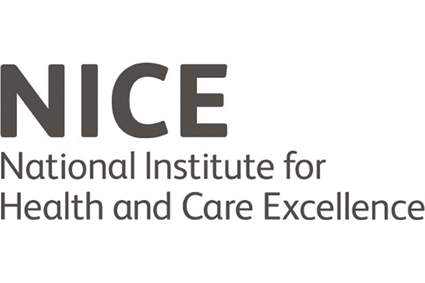Professor Li Su collaborates with national experts on first guidelines for utilising AI in stroke diagnosis
Professor Li Su is a Research Fellow and Tutor of Clare Hall. Spanning over two universities, he leads a multi-disciplinary research group with members from Neuroscience, Psychology, Medical, Mathematics and Computer Science backgrounds. His research aims to combine innovative and original computational methods with the state-of-the-art brain imaging techniques (MEG/EEG, 7T MRI and PET) in understanding, detecting and developing treatments for neurological and psychiatric conditions. He is a Specialist Committee Member at National Institute for Health and Care Excellence (NICE), an Associate Editor for Frontiers in Computational Neuroscience and a member of Alzheimer’s Society’s Research Strategy Council.


For the first time in history last month, the National Institute for Health and Care Excellence (NICE), an executive non-departmental public body in England and Wales, has published its recommendations for the use of Artificial Intelligence-derived software to help clinicians in the NHS with decision-making regarding strokes. Two Clare Hall Fellows–Professors Li Su (Professor of neuroimaging, University of Sheffield, and principal research fellow, University of Cambridge) and David Werring (Professor of clinical neurology and consultant neurologist, University College London and University College London Hospitals NHS Foundation Trust) and other Specialist Committee members in NICE have worked on this diagnostic guidance over the last two and half years. They represent UK’s leading experts in stroke medicine, clinical practice, AI technology and state-of-the-art brain imaging. Two pieces of software, e-Stroke and RapidAI, were eventually endorsed to be used in the NHS due to evidence supporting them resulting in faster and greater access to timely treatment. However, more data is still needed to confirm their efficacy and cost-effectiveness. Another 10 pieces of software did not meet the requirements, and thus were only recommended for research use.
Professor Li Su, the head of AI and Computational Neuroscience Laboratory of Cambridge University commented: “Although it is a small step toward a full-scale application of AI technology in the NHS, it sends a strong and clear message from one of the world’s most important and respected assessors after years of careful scrutiny that AI is starting to revolutionise how patients will be seen in the healthcare systems and how clinicians will work alongside. Clearly, the UK is playing a critical role in regulating AI technology in life and mission critical sectors such as healthcare.”
Assessing the effectiveness and robustness of AI software introduced an unprecedented challenge because by its very nature AI technology is adaptive and learning from data. So the committee has been extremely cautious in making the recommendations and urged that more research and data are needed. However, I welcome the decision made by NICE because it gave a strong boost to the field of AI and its applications in global challenges such as ageing society and health inequalities.
-Professor Li Su
Read more about the new NICE guidelines here.